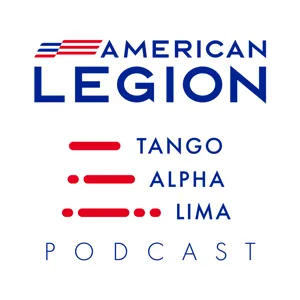Welcome to Perinatal Wellbeing episode #21, our first episode of season 2! Today we’re going to talk about the Impact of Racism on Reproductive Health with Rochelle Maurice.
Content Warning: This is an in-depth discussion about racism and the impacts on reproductive health and can feel very heavy, especially for those who are impacted by these topics. We discuss things such as forced sterilization, interactions with CAS. Take care of yourself while listening.
Rochelle Maurice, MSW, MHSc in Bioethics is a clinical and organizational ethicist based in Toronto, Ontario. Her work in ethics was strongly influenced by her professional background in social work, the most significant of which was in the Neonatal Intensive Care Unit and Paediatrics department in a community hospital in Toronto. As a result of her experiences in both social work and ethics, Rochelle has an interest in and passion for addressing issues that affect pregnant, birthing, and postpartum people at the intersection of health and social care. She is currently pursuing doctoral studies in social work that focuses on Black women’s experiences in maternal-child care.
Highlights:
4:15 - Pinkification of pot does not include black women
5:58 - Obstetrical racism – women of colour not being believed when in pain or something is wrong, symptoms do not align with cultural biases
9:01 - We don’t collect race-based data in Canada and the impacts of this
13:47 - Typical bodies and the impacts of that
18:15 - Reproductive justice – intersection of systemic inequality and the impacts on decision making about childbearing and parenting
20:57 - Forced Sterilization
28:38 – Lack of access to nutritious food, the right to raise your family in a safe and supportive environment
32:06 - Ideal motherhood and not enough support to achieve this
33:05 – How does racism and scrutiny of mothers intersect with Children’s Aid Society?
37:38 - How do we repair?
39:41 – Institutional memory and generational trauma and the impacts on accessing care
47:18 - Seeking support in community and access to care
Resources: You can find Rochelle on Instagram @_rochellemaurice_
You can find us at www.perinatalwellbeing.ca on Instagram @perinatalwellbeing_ontario or by email info@perinatalwellbeing.ca
If you are experiencing any of the symptoms discussed in this or any episode please reach out to me at info@perinatalwellbeing.ca and I can help you find support in your area or online.
Check out Postpartum Support International at www.postpartum.net for more information about Perinatal Mood and Anxiety Disorders as well as free online support groups and a provider directory.
You can look for an individual therapist on www.psychologytoday.com .
Support the show











